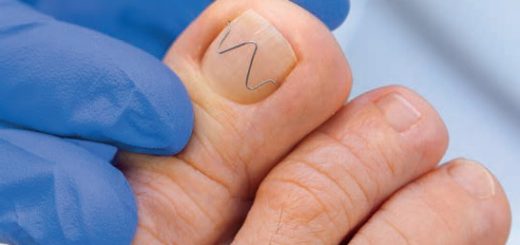Why Drinking Water is Vital?
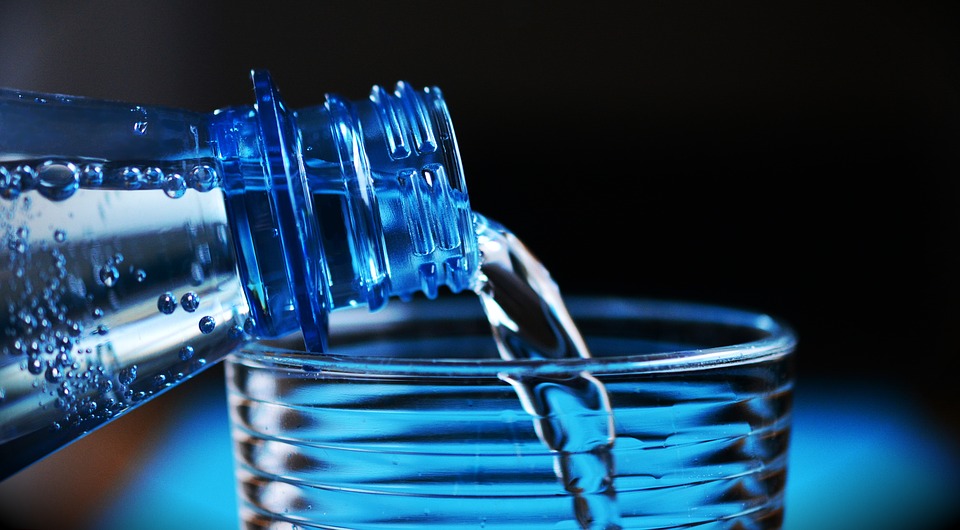
Much has been said about the health benefits of drinking water. As our body is predominantly made up of water, up to 60% to be precise, according to a recent study by the USGS Water Science School, consuming sufficient clean and pure water daily is a must for all human beings.
Water is vital for all bodily functions, be it blood circulation, digestion, to maintain muscles, bones, and skin, regulate body temperature and more. Thus, the ramifications of not drinking enough water on physical, mental and emotional health can be many. In addition, severe dehydration can make you fat and sick.
Let’s take a look at what happens when we do not drink enough water.
The reasons for drinking water are endless. However, are you aware of what happens to your body when you don’t drink enough water or what are the warning signs that indicate your body is lacking the required amount of water? If you are not sure, then below are the symptoms of not drinking enough water daily. These will help to determine if you are dehydrated. Take a look.

1. Dryness of mouth, eyes and skin
If you don’t drink enough water, it leads to a scratchy throat, sore eyes, scaly skin, cracked lips and a mouth that feels severely dry as it is unable to produce saliva due to the lack of water. Drinking enough water ensures that your eyes, skin and mouth remain moist and as such, to steer clear of these unpleasant and painful symptoms you need to keep yourself well-hydrated.
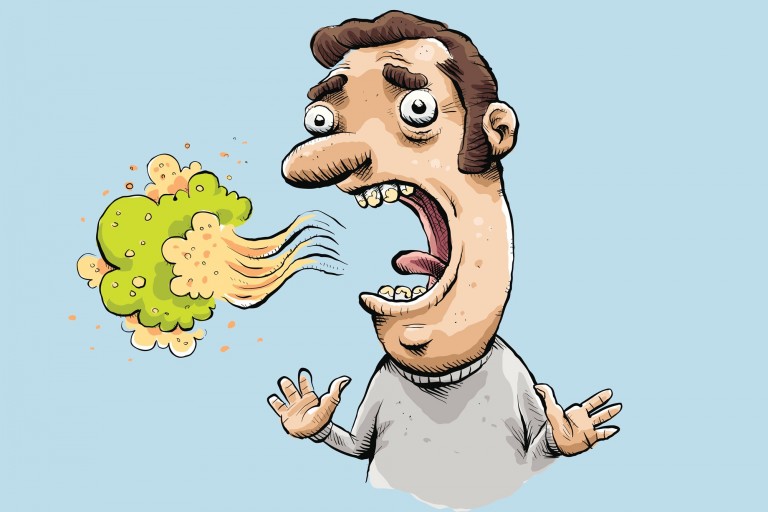
2. Stinking breath and body odor
One of the basic functions of saliva is to help the mouth combat acids and bacteria. However, as mentioned above, due to dehydration, the salivary glands are not able to produce the required saliva, making it difficult to efficiently tackle the acids and bacteria that are present in the mouth and this, in turn, leads to bad breath. Similarly, water helps release toxins through sweat. If your body is dehydrated, you are unable to release these toxins (bacteria), which when accumulated leads to an unpleasant body odor, especially in the armpits, feet and the groin area.
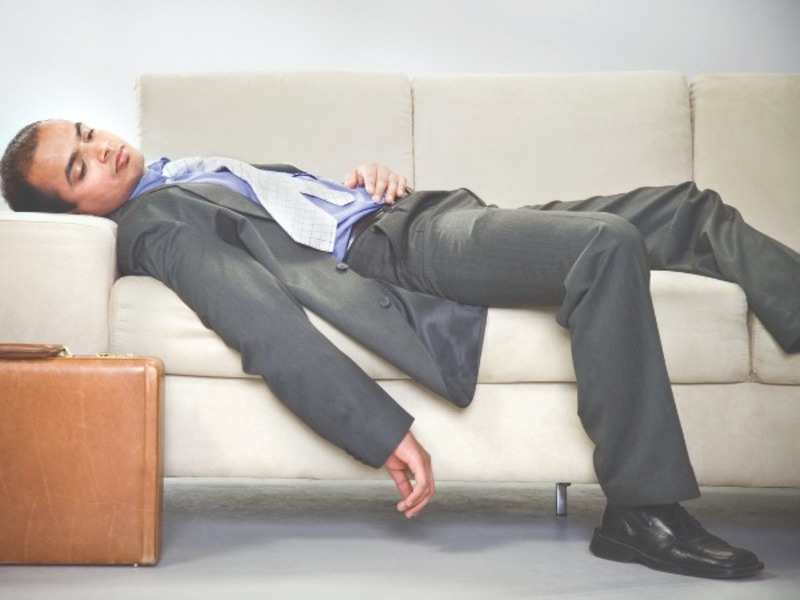
3. Tiredness and lethargy
One of the major signs you are not drinking enough water is frequent tiredness and lethargy. Dehydration saps your energy levels leaving you exhausted and making you cranky. Additionally, it affects your blood circulation making it harder for the heart to pump oxygen and nutrients that your body requires, thus making it difficult for you to perform even the most mundane chores.
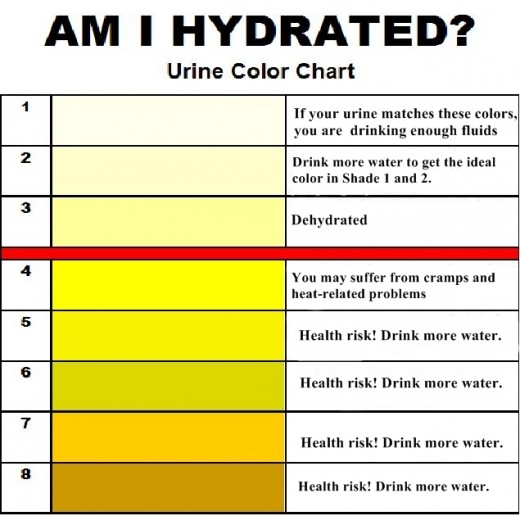
4. Your urine is dark yellow
One of the most common signs of not drinking enough water is lack of sufficient urine output and a darker yellow shade of urine. On an average, individuals urinate at least three to four times a day and while pale yellow urine is ordinary, a darker shade, on the other hand, is a symptom of severe dehydration. If you have noticed this, then it is a warning sign that you need to hydrate yourself post-haste.
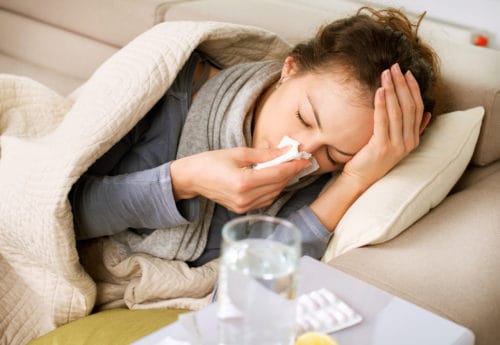
5. Weak immune system
A good and strong immune system is important in order to stay healthy and to fight off diseases and other bacterial, fungal and viral infections. Dehydration leads to many issues, as seen above, and it makes it difficult for your body to eliminate the accumulation of toxins and this, in turn, over-burdens your immune system, making it weak and leaving your body more susceptible to various mild and life-threatening diseases.
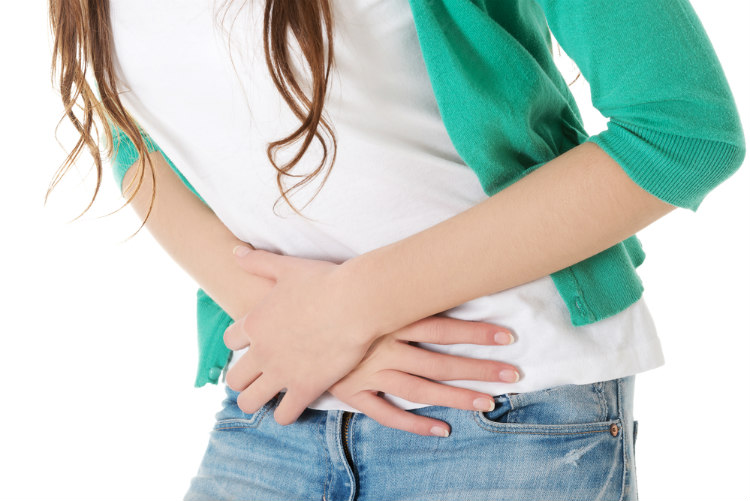
6. Poor digestion and frequent constipation
Water is essential in order for the body to produce digestive (gastric) acid that aids in smooth digestion. When your body is unable to produce sufficient gastric acid, due to lack of water, it leads to poor digestion and it makes the bowel movement more laborious, thus making the excretion of waste materials harder, resulting in constipation.

7. Frequent muscle pain, muscle cramps and joint pain
Another sign your body needs water is when you start to heat up, especially during workout sessions. Water regulates your body temperature and heating up is a sign that your body is low on fluids which cause friction, making your muscles work harder leading to painful muscle cramps. In addition, electrolytes are important for seamless muscle lubrication. However, lack of water leads to electrolyte imbalance, which results not only in muscle cramps but also aches in the joints.
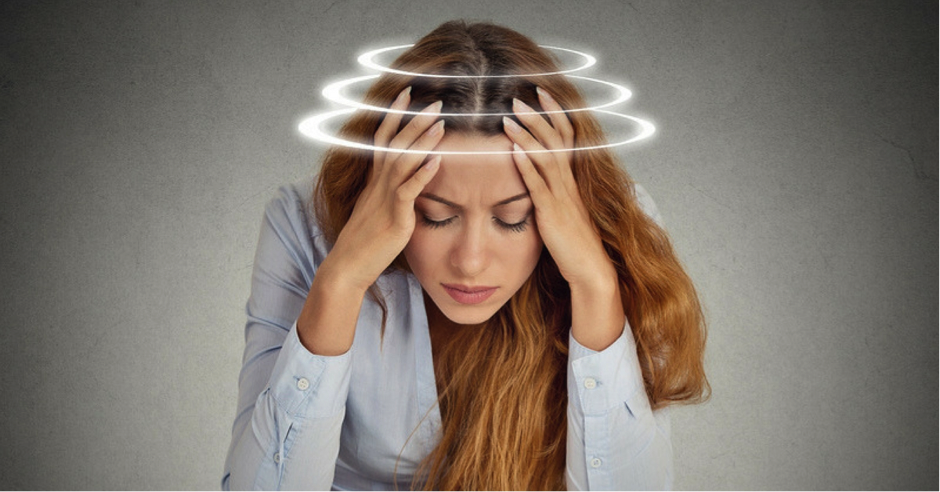
8. Dizziness and headaches
Dehydration leads to severe loss of fluid from your body which leads to light-headedness and in some cases can also make you feel nauseous. Likewise, a lower hydration level makes it harder for blood and oxygen to reach the brain which triggers off a chemical reaction causing headaches that can be debilitating, to say the least.

9. Weight gain
A faster metabolism is essential in order to burn down the calories that we intake through food. However, when you and I don’t drink enough water it slows down the metabolism process considerably, thus storing more fats and calories in our bodies rather than turning the same into energy, which ultimately results in weight gain.

